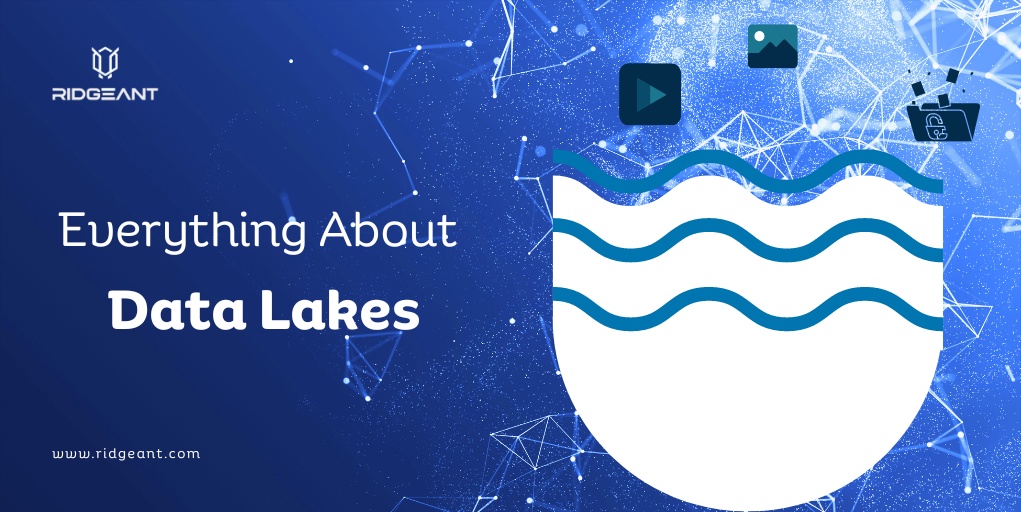In the world of big data, one term that has gained a lot of popularity in recent years is the "Data Lake." Simply put, a data lake is a centralized repository that allows for the storage and management of large volumes of structured and unstructured data, in its native format. In this blog post, we will explore what a data lake is, its benefits, and its challenges.
What is a Data Lake?
A data lake is a storage repository that allows businesses to store all of their structured and unstructured data at any scale. Unlike traditional data warehouses, data lakes do not require a predefined schema, allowing for flexibility in the types of data that can be stored. The data is stored in its raw format, without any transformation, which means that data can be stored in its original form without being processed or modeled. This gives businesses the flexibility to store all kinds of data, whether it be structured data like transactional data or unstructured data like text, images, and videos.
Benefits of Data Lakes
-
Cost-Effective Storage: Data lakes are built on cloud infrastructure, which makes them more cost-effective than traditional data warehouses. They allow businesses to store large volumes of data at a fraction of the cost of traditional storage options.
-
Scalability: Data lakes can scale up or down as per the business needs. As the business grows, the data volume also increases, and the data lake can easily accommodate this growth without the need for any additional infrastructure.
-
Flexibility: Data lakes allow businesses to store data in its native format without any transformation. This gives businesses the flexibility to store any kind of data, whether it be structured or unstructured, without any constraints.
-
Data Exploration: Data lakes provide a platform for data scientists and analysts to explore data and discover patterns without the need for data preparation or transformation.
Challenges of Data Lakes
-
Data Quality: Storing data in its native format can result in poor data quality. Without any transformation, the data can be inconsistent and contain errors, making it difficult to use for analytics and reporting.
-
Data Security: Since data lakes store all kinds of data, including sensitive information, it's crucial to ensure that the data is secured and protected from unauthorized access.
-
Data Governance: As data lakes grow, it becomes difficult to manage and govern the data. Businesses need to implement proper data governance policies and procedures to ensure that the data is accurate, consistent, and trustworthy.
Conclusion
Data lakes are becoming an increasingly popular option for businesses looking to store and manage large volumes of data. With their flexibility, scalability, and cost-effectiveness, data lakes provide businesses with a platform to store all kinds of data without any constraints. However, businesses need to be aware of the challenges associated with data lakes and implement proper governance and security measures to ensure that the data is accurate and trustworthy.


No comments yet